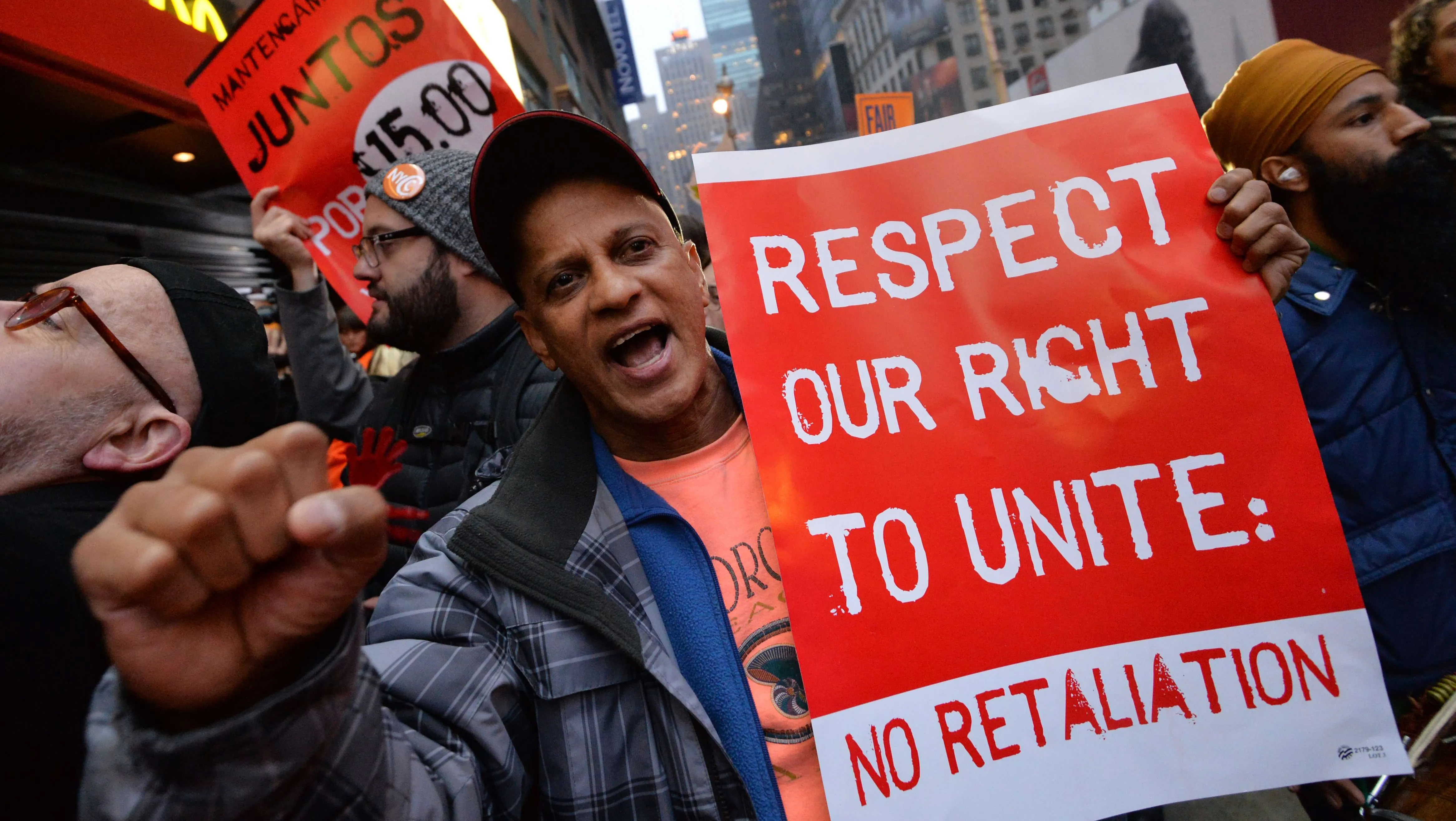Subscription Costs Increasing at an Alarming Rate
The Financial Times has raised its subscription prices by an astonishing 200%, leaving many readers questioning the value of access to its content. As of July 2025, the premium package is now priced at €659, while the basic package starts at €69 per month. This dramatic increase raises serious concerns about who can afford quality journalism in an era where economic inequality is at a breaking point. The Financial Times claims to provide unparalleled access to expert analysis and in-depth reporting, yet these elevated costs may alienate the very audience that needs this information most.
Workers Face Dire Economic Challenges
Meanwhile, workers across various sectors are grappling with economic instability. According to the SEPE, those who have lost their jobs and have contributed to the unemployment fund for at least 360 days may qualify for unemployment benefits, but the reality is that many do not meet the stringent requirements. In a country where the cost of living continues to rise and wages stagnate, the financial burden of subscribing to reputable journalism becomes yet another hurdle for the working class.

European executives join Trump"s call for action on ...
Journalism Under Threat from Rising Costs
The steep price hikes at the Financial Times represent a troubling trend in financial journalism. As reported by research findings on financial journalism, the role of journalists in today’s fast-paced, high-frequency news environment is critical. However, as subscription prices soar, access to this vital information becomes increasingly limited to those with disposable income. This situation not only undermines the principles of democracy but also exacerbates existing class divides. When only the wealthy can afford quality news, who is left to hold power accountable?
Impact on Democracy and Accountability
The ramifications of such financial barriers to journalism extend far beyond the individual subscriber. Without a well-informed public, the very fabric of democracy is threatened. As analyzed by experts, the ability of financial journalists to provide insight into economic policy and corporate accountability becomes severely hampered when access to their work is restricted. The wealthy elite can afford to pay for information that shapes public policy, while the average citizen is left in the dark.

Fast-food workers strike, protest for higher pay
Calls for a New Model of Journalism
This crisis in financial journalism calls for a radical rethinking of how we value and distribute news. The current model, heavily reliant on subscriptions, inherently favors those with wealth. Progressive voices are advocating for a model that prioritizes accessibility and equity. Public funding for journalism, community-supported news initiatives, and universal access to critical information should be at the forefront of discussions about the future of media.
As we face an unprecedented economic divide, it is imperative that the journalism industry reflects the values of inclusivity and accountability. The Financial Times and others like it must address the growing concerns of accessibility and strive to create a model that does not exclude the very population that relies on their reporting.







![[Video] Gunfire between Iraqi security forces and Sadr militias in Baghdad](/_next/image?url=%2Fapi%2Fimage%2Fthumbnails%2Fthumbnail-1768343508874-4redb-thumbnail.jpg&w=3840&q=75)
